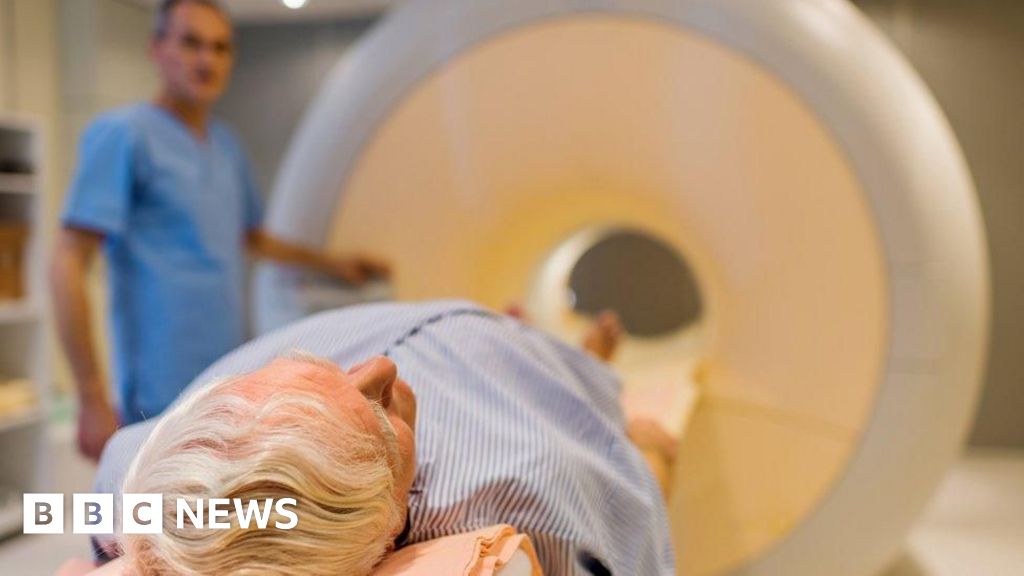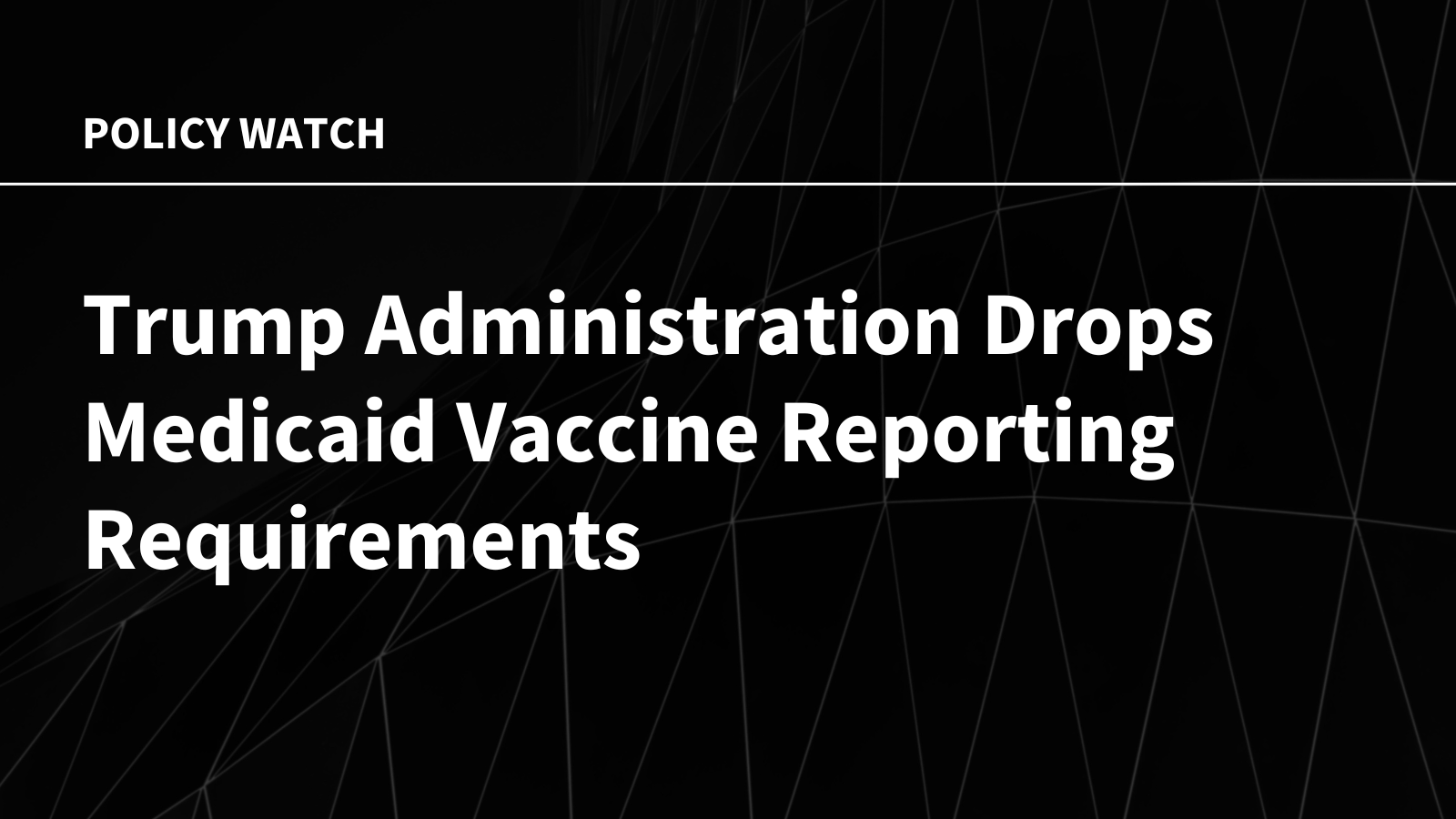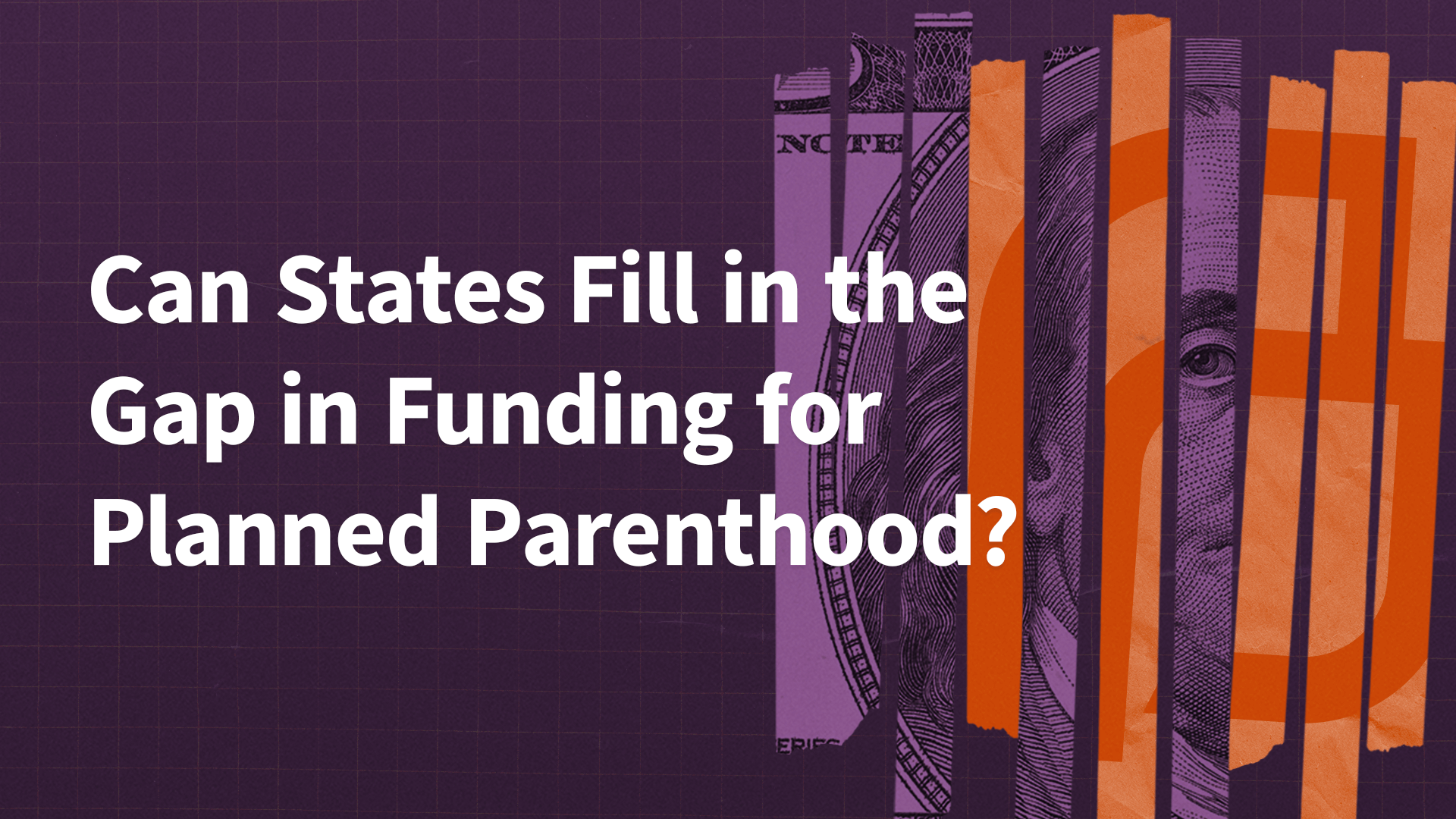The NHS is over-treating men for prostate cancer, a charity says, with around 5,000 a year undergoing treatment for cancers unlikely ever to cause harm.
While most prostate cancer cases need treatment, around one in four are so slow growing men can opt for regular monitoring instead, avoiding the side-effects of surgery and radiotherapy such as incontinence and erectile dysfunction.
Of the 56,000 diagnosed in the UK each year, around 6,500 men opt for this, but an analysis by Prostate Cancer UK said another 5,000 could benefit.
The charity said outdated guidelines were to blame. The National Institute for Health and Care Excellence (NICE), which produces them, said it was reviewing its advice.
NICE recommends that monitoring, using blood tests and scans, should be offered to the lowest risk cases in England and Wales, where nine in 10 will have no signs of cancer spreading within five years.
But research has suggested this could be extended to the next lowest risk group where eight in 10 men will have no signs of cancer spreading.
Evidence gathered by Prostate Cancer UK suggests many hospitals have started offering monitoring to this wider group of patients, but a quarter have not.
According to the analysis of data in England, this appears to have resulted in over-treatments rates of between 2% and 24% across different hospitals.
The charity estimates this results in around 5,000 men a year getting treatment they do not always need instead of monitoring.
Some of this could be down to patient choice – men are generally given the option of treatment even if they are at low-risk.
But the charity said if the NHS was more active in offering monitoring it could help strengthen the case for prostate cancer screening, which has gained traction since the diagnosis of Olympic cyclist Sir Chris Hoy.
One argument against screening is that the prostate specific antigen (PSA) blood test, used to spot potential signs of the cancer, is unreliable and leads to unnecessary treatment.
Amy Rylance of Prostate Cancer UK, said: “To reduce the harm caused by prostate cancer and build the foundations for a screening programme, we need to both save lives and prevent unnecessary treatment.”
She said NICE needed to update its guidance to reflect the emerging evidence.
One patient who opted for monitoring was Michael Lewis, 63, from the West Midlands.
He was diagnosed with prostate cancer in 2020 and, as it was judged low-risk, he opted for monitoring.
Four years later tests suggested the cancer was worsening so he had his prostate removed. He said delaying treatment was so valuable.
“I was able to continue my everyday life with no side effects.”
NICE said the organisation was reviewing the prostate cancer guidelines and looking to update them.
“We are committed to ensuring our guidelines continue to reflect the best available evidence and give patients the best possible outcomes,” said a spokesman.







